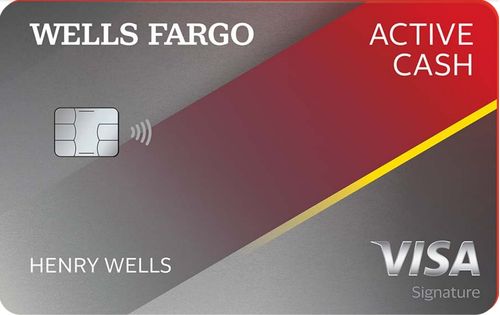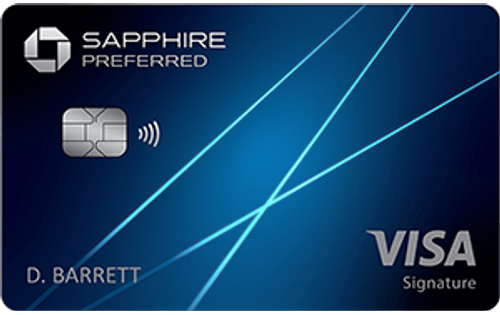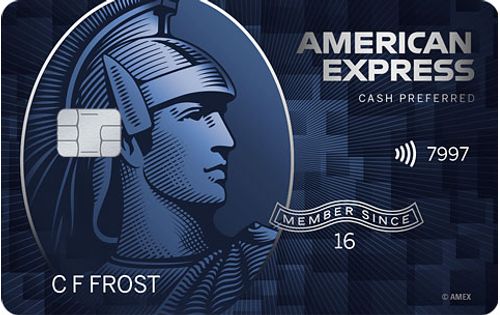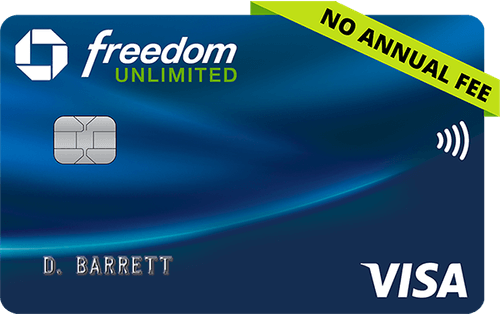Evelyn Boros, Credit Cards Moderator
@evelyn_boros
To choose your second credit card, you should first check your credit score and then determine the primary feature you want from your new card, such as 0% financing or rewards. This way, you can narrow down your choices to cards you have a shot at qualifying for and choose the best one that meets your needs.
How to Choose Your Second Credit Card
- Check your credit score.You can check your credit score for free, right here on WalletHub. This will help you narrow down your options to cards for which you have good odds of approval.
- Figure out how you want to use the card.You might want to finance purchases with a 0% APR, earn rewards, or just continue to build credit with a $0 annual fee, for example. For most people, the best option is going to be a good rewards card with no annual fee. Ideally, you should be paying your bills in full each month and trying to minimize the cost of your second credit card in order to maximize savings.
- Narrow down your options.Only consider cards that meet your financial needs and are accessible with your current credit score.
- Get pre-qualified.Pre-qualification shows you which cards you’re likely to get approved for, though approval is not guaranteed. Several issuers offer pre-qualification tools through their websites. You can also get personalized recommendations for credit cards with high approval odds right here, on WalletHub.
- Compare terms.Of the cards you’ve selected and been pre-approved for, pick the one that offers the best value based on its fees, rewards, benefits, and APRs.
Whether you are looking for more everyday rewards, travel benefits, or an introductory APR on balance transfers or purchases, there are several good credit cards available to help you meet your goals.
Notable Second Credit Card Options
Reasons to Get a Second Credit Card
Your credit score has improved.
If your first credit card was geared toward helping you build your credit, it probably didn’t come with good rewards and benefits. If you managed to improve your credit, you might be able to add a card with greater ongoing rewards, a higher credit limit, and better terms overall.
Your spending habits have changed.
Changes in your spending habits could also be a good reason to get a second credit card. For example, if your first card was travel oriented and you are not traveling often anymore, you could benefit more from an everyday credit card.
You want to try the Island Approach.
The Island Approach means using separate credit card accounts for different types of transactions. For example, you can use one account to manage a revolving debt while using another account for everyday expenses that you can repay in full each month. This allows you to get the best rewards for everyday purchases and the best APR for financing. You could even have multiple rewards cards for different types of purchases in order to take advantage of bonus rewards rates.
You need to pay off debt.
Another reason to get a second credit card is to make it easier and less expensive to pay off debt, by moving it to a balance transfer credit card. The purpose of a balance transfer is to get a lower interest rate and pay off what you owe much faster.
You want to finance a large purchase.
Opening a new credit card with a 0% intro APR on purchases can help you finance a big purchase without accruing interest. A 0% APR credit card doesn’t charge interest for a certain amount of time after you open an account, as long as you make minimum monthly payments. The card’s regular APR will apply to any balance remaining after the 0% period ends.
What to Do With Your First Credit Card
Once you have your second credit card, you don’t need to get rid of your first credit card, as you’ll keep building credit with it even if you don’t use it. Plus, canceling a credit card can hurt your credit score by lowering the average age of your accounts and raising your overall credit utilization. You might even want to continue using your first credit card for certain purchases, depending on what rewards and benefits it offers.
On the other hand, if your first credit card has an expensive annual fee and you don’t use it enough to justify paying that fee, it is worth closing the account.
2025's Best Credit Cards
People also ask
Did we answer your question?
Important Disclosures
Ad Disclosure: Certain offers that appear on this site originate from paying advertisers. For full transparency, here is a list of our current advertisers.
Advertisers compensate WalletHub when you click on a link, or your application is approved, or your account is opened. Advertising impacts how and where offers appear on this site (including, for example, the order in which they appear and their prevalence). At WalletHub we try to present a wide array of offers, but our offers do not represent all financial services companies or products.
Advertising enables WalletHub to provide you proprietary tools, services, and content at no charge. Advertising does not impact WalletHub's editorial content including our best picks, reviews, ratings and opinions. Those are completely independent and not provided, commissioned, or endorsed by any company, as our editors follow a strict editorial policy.




